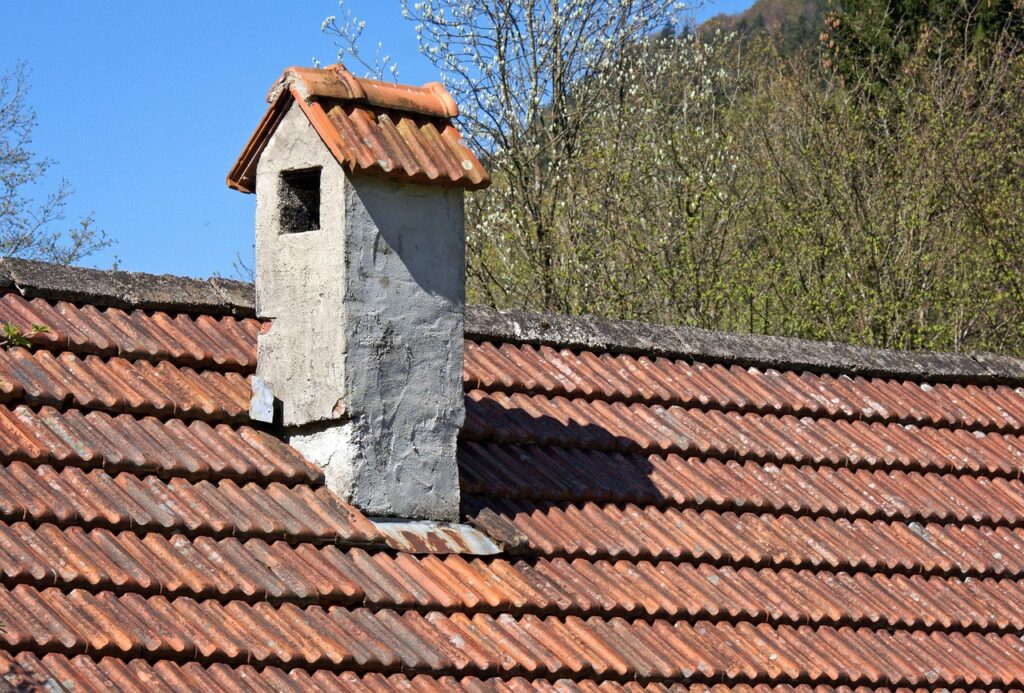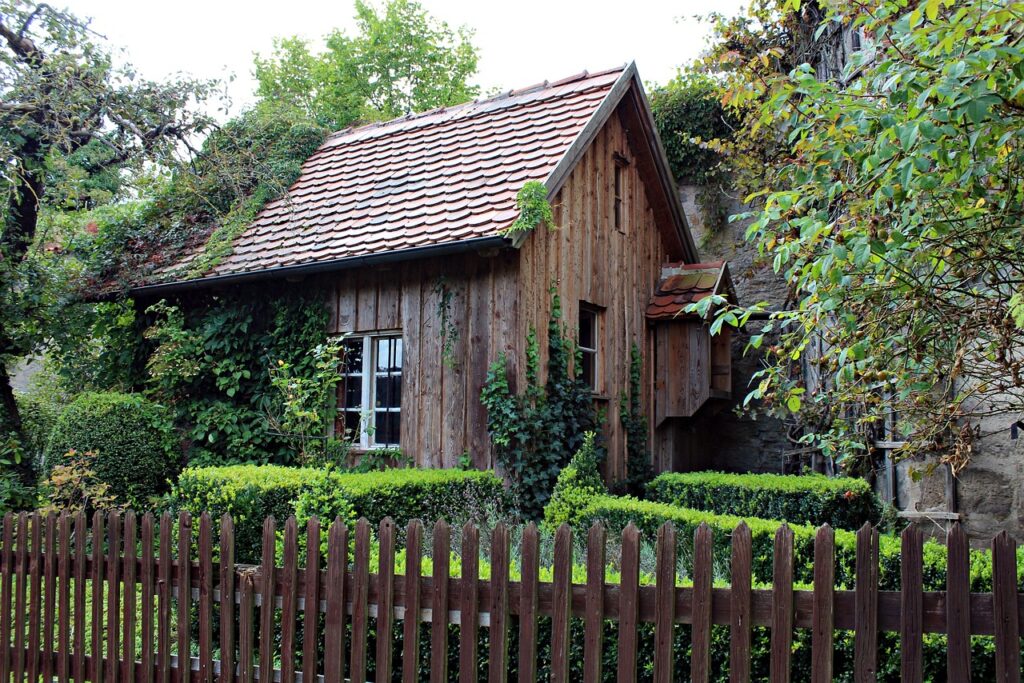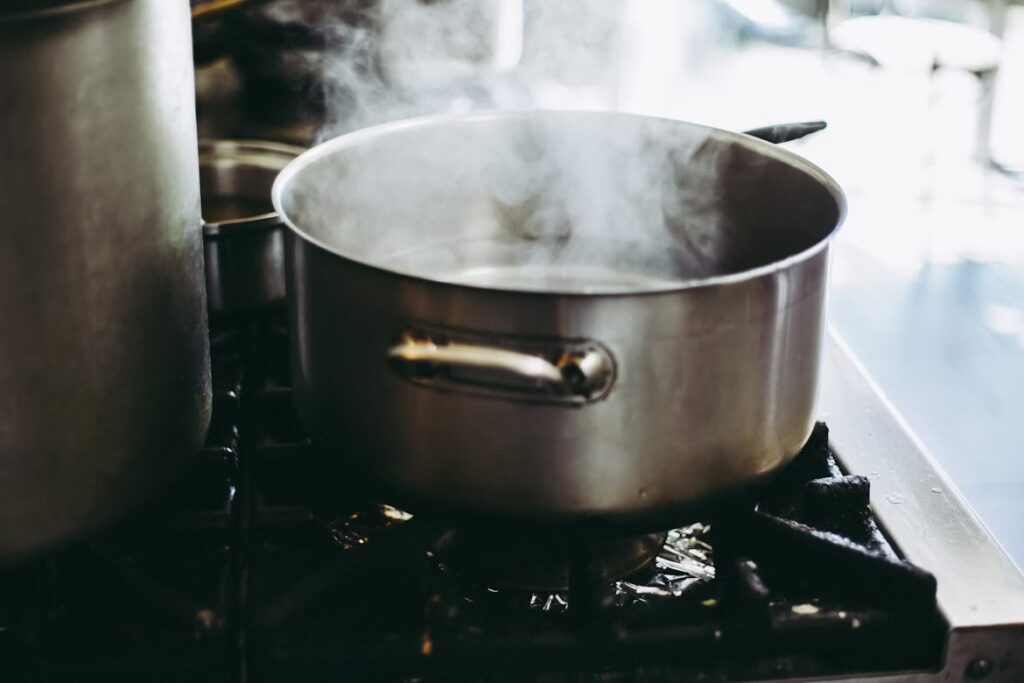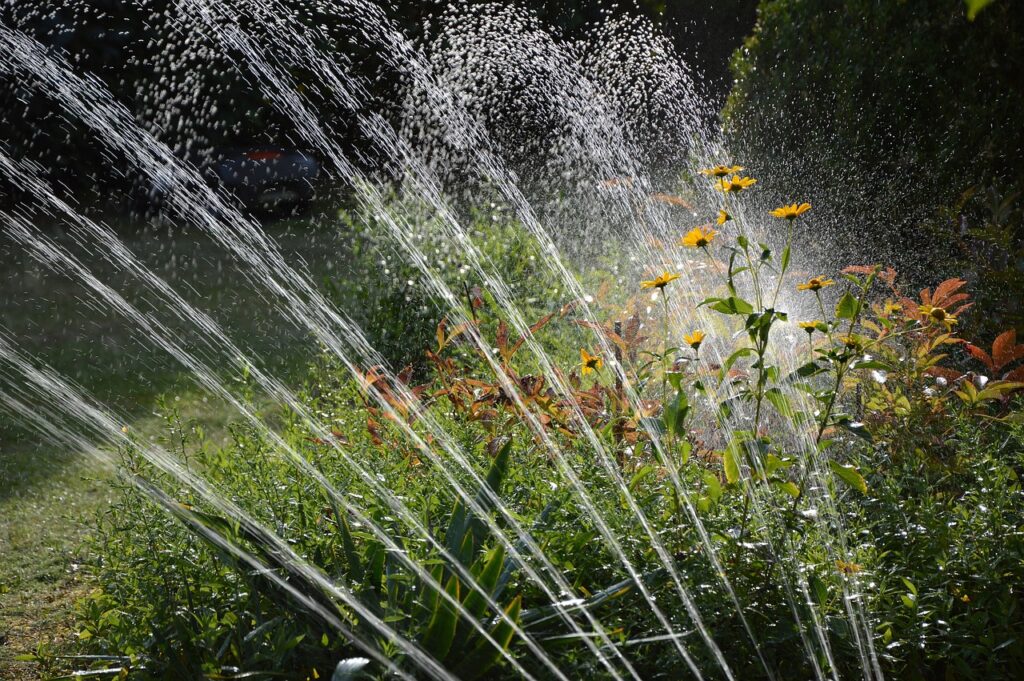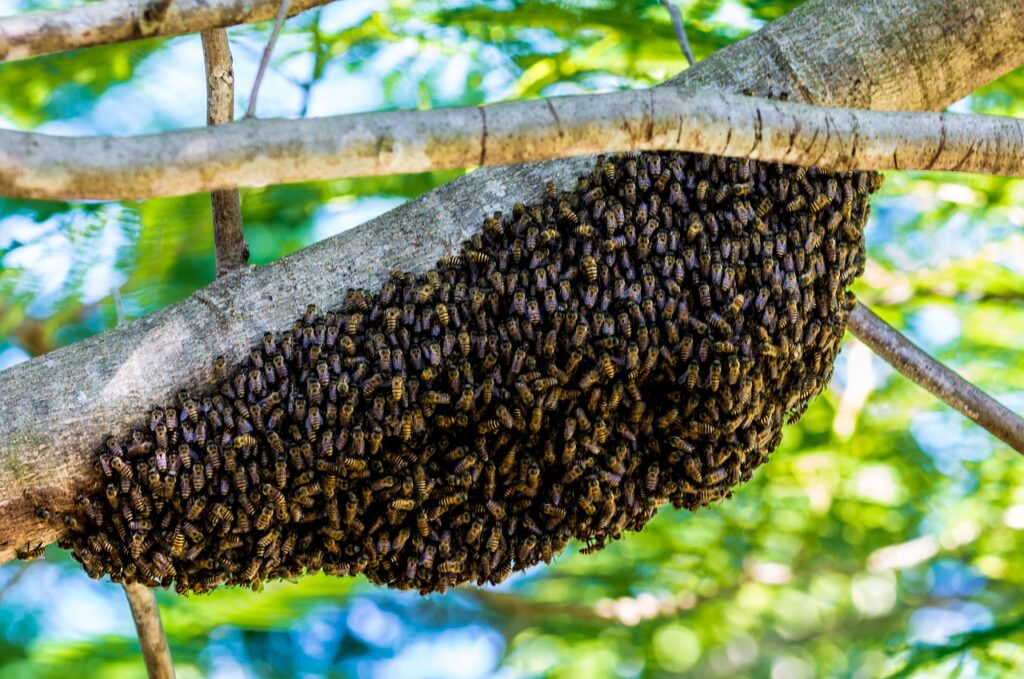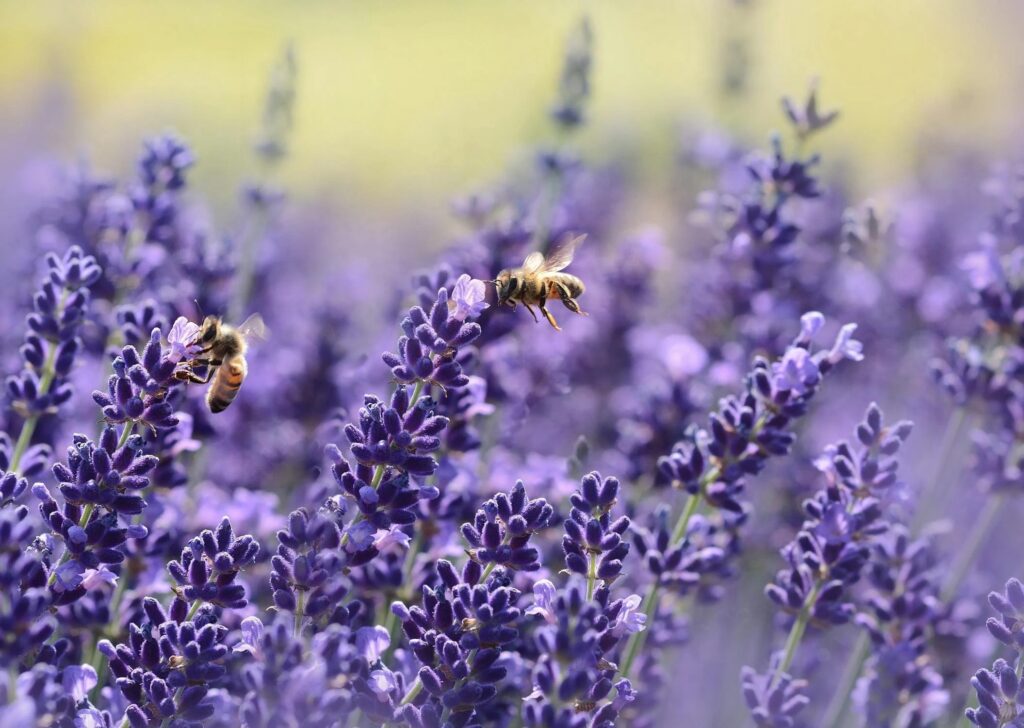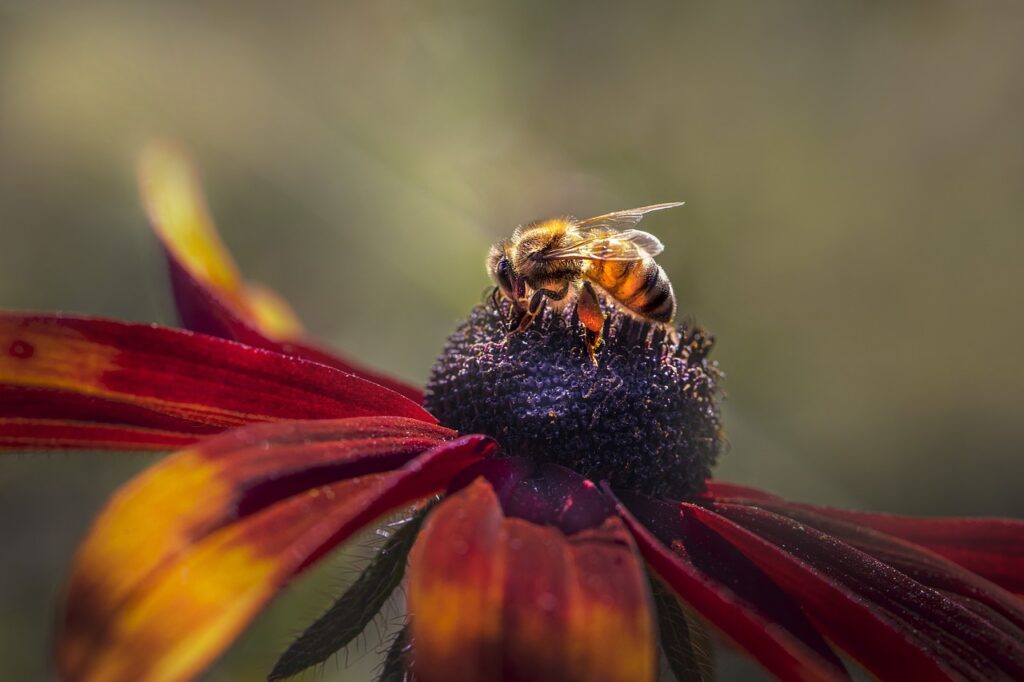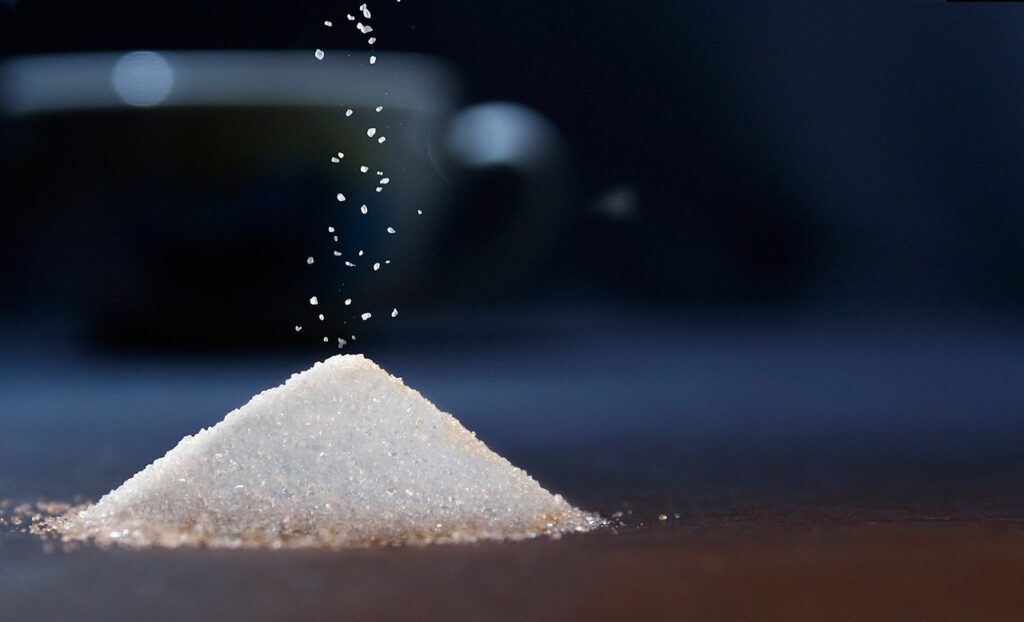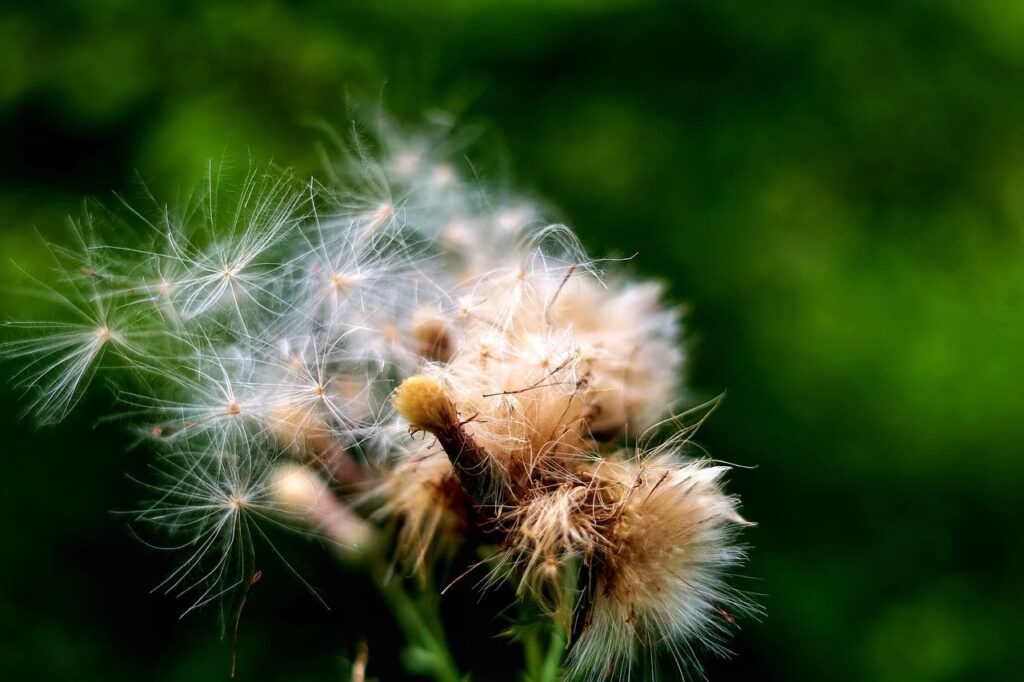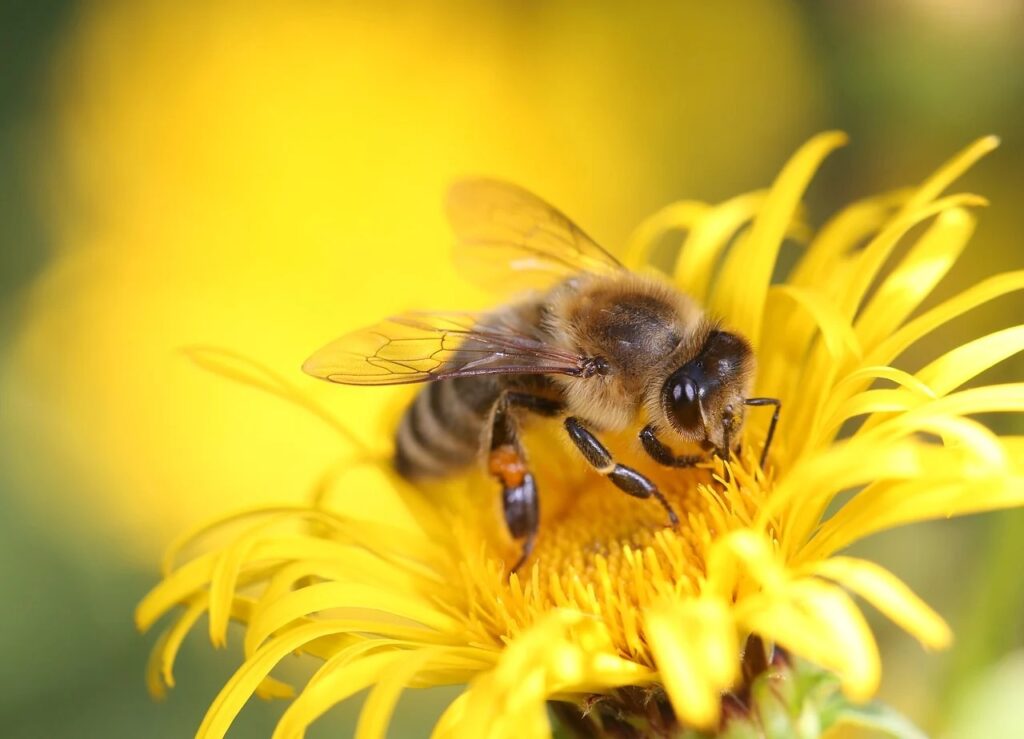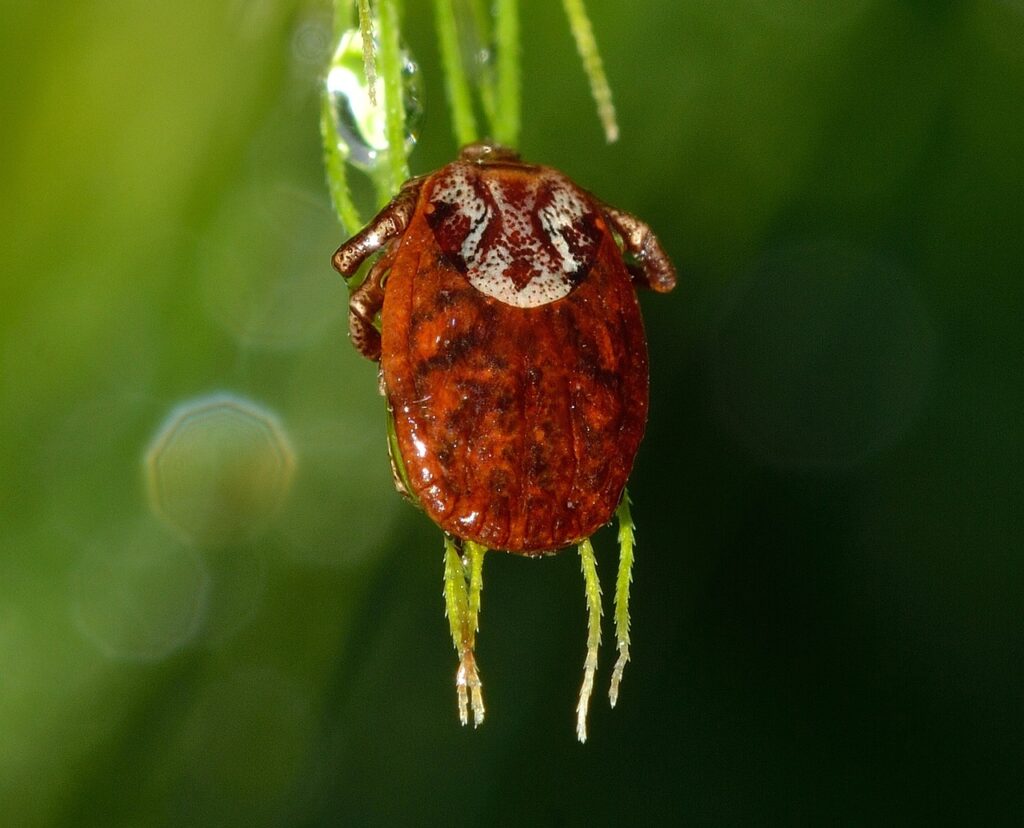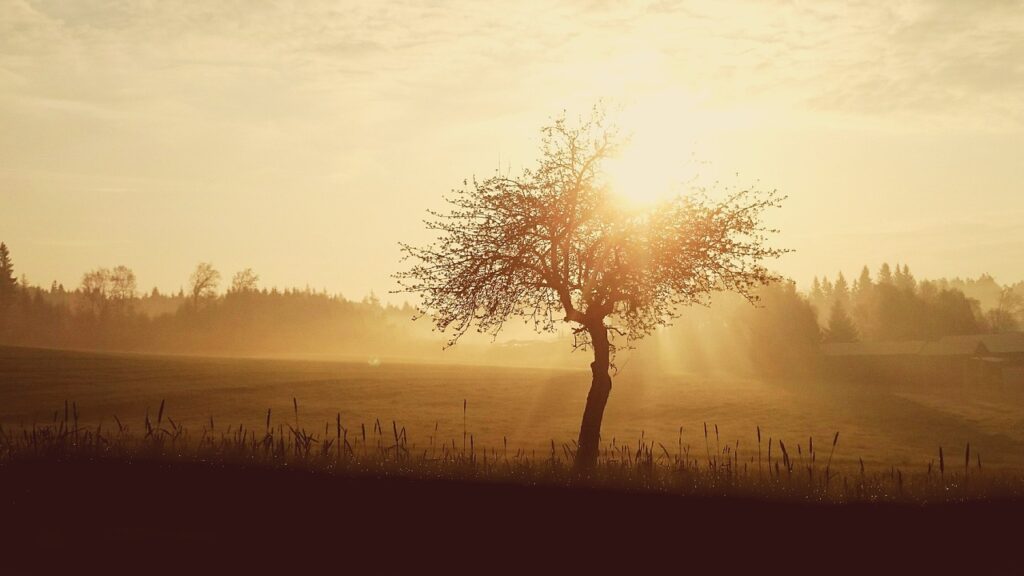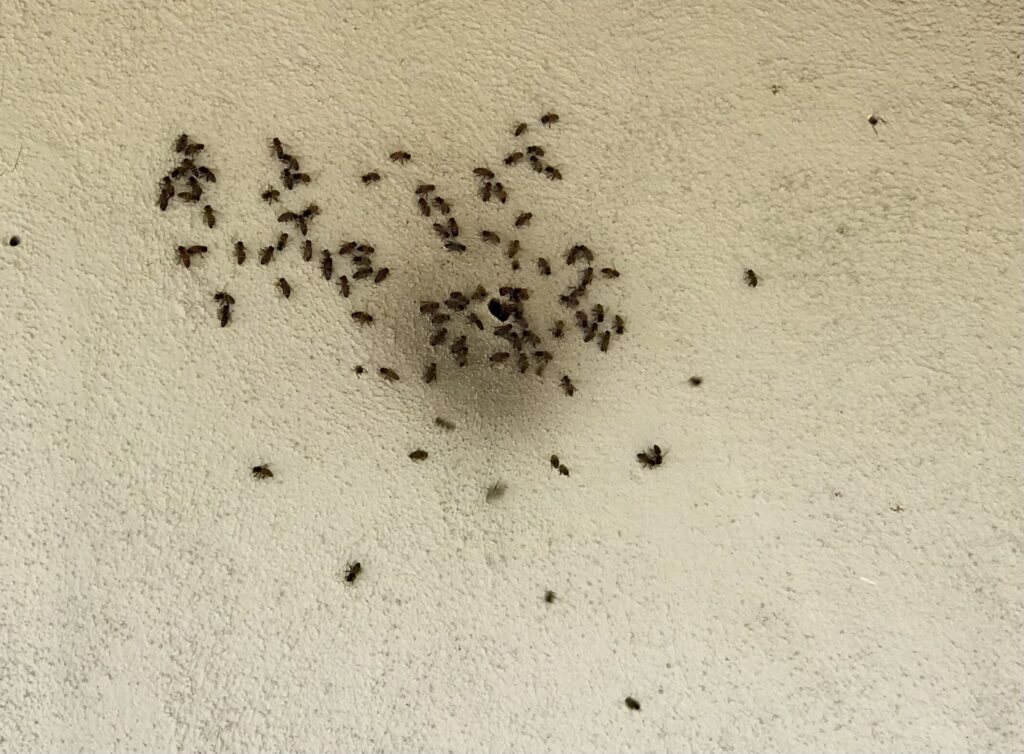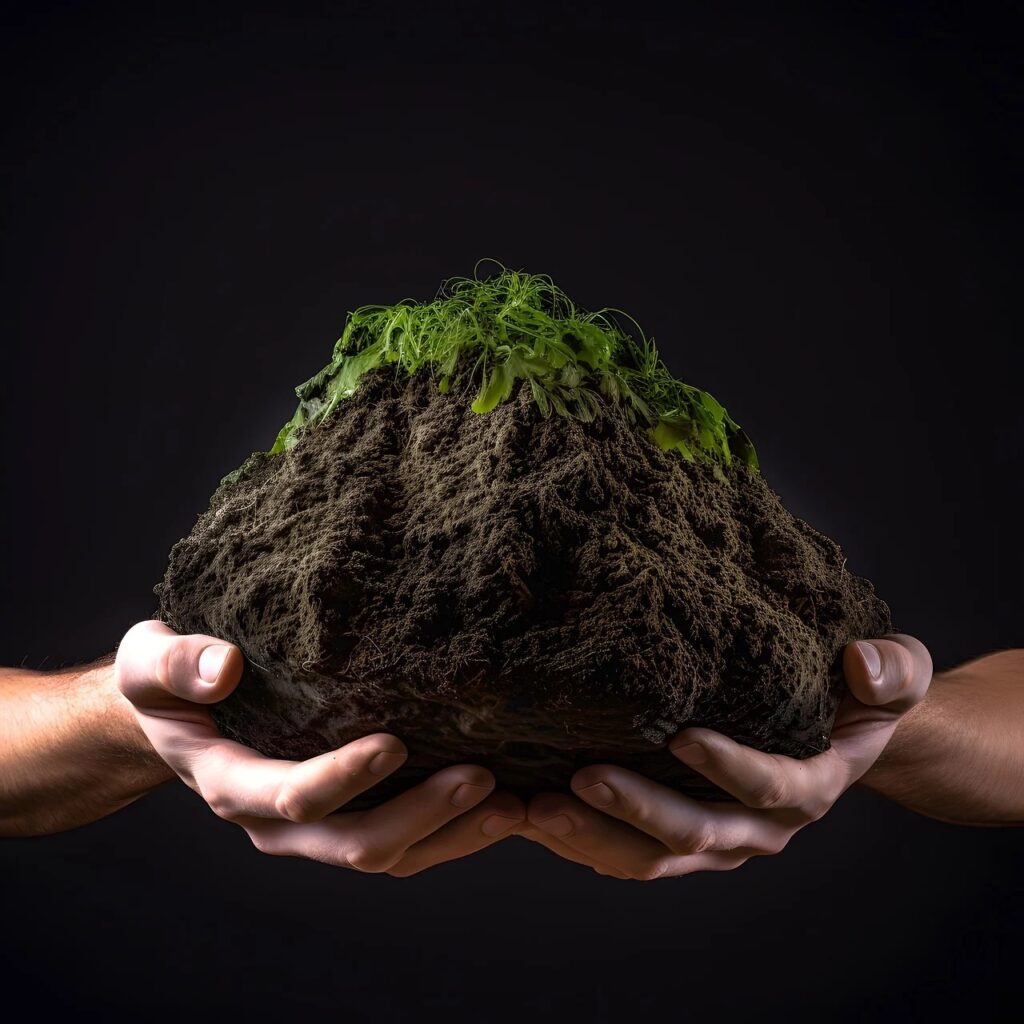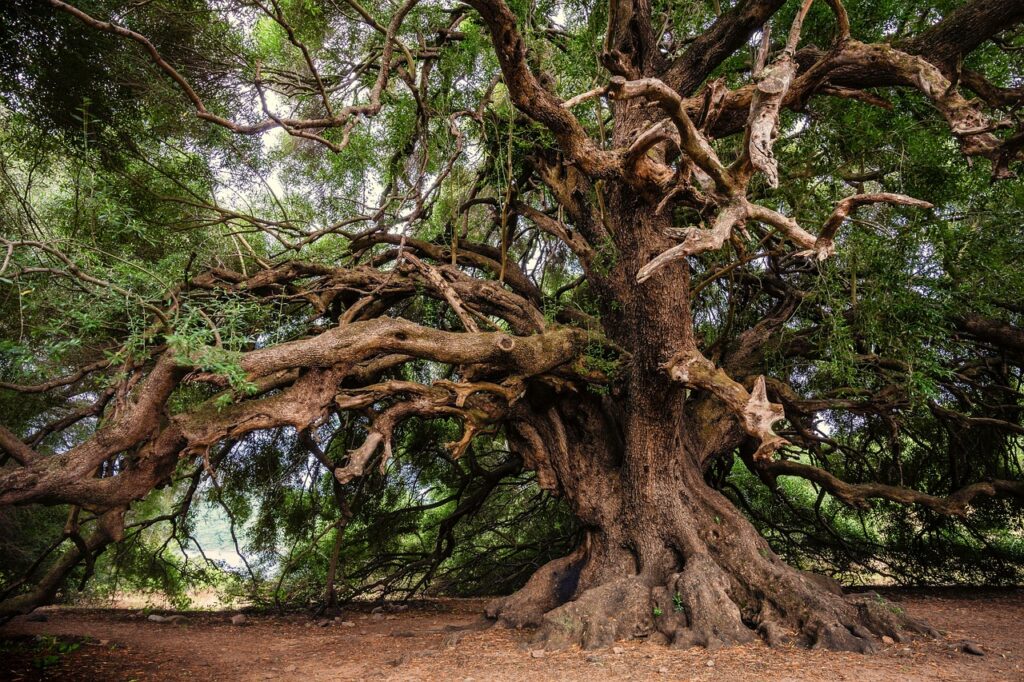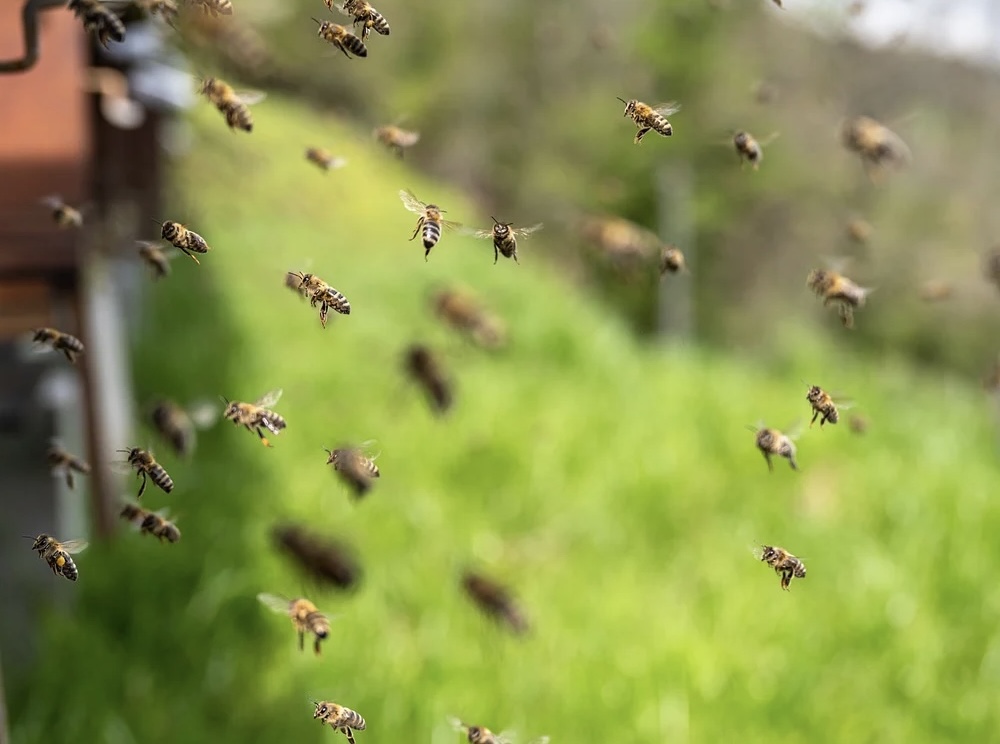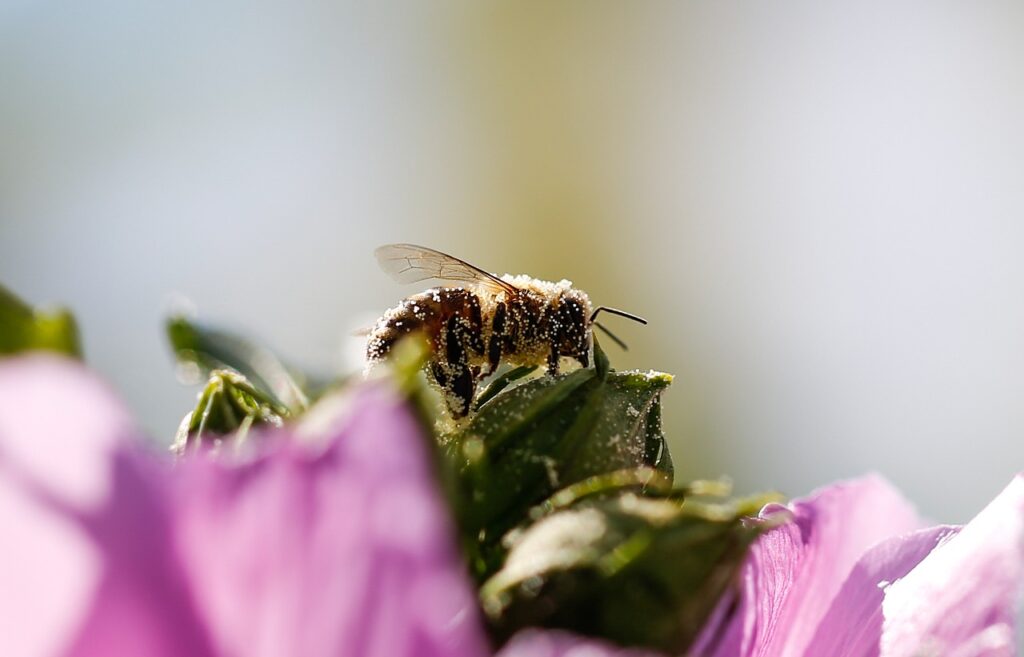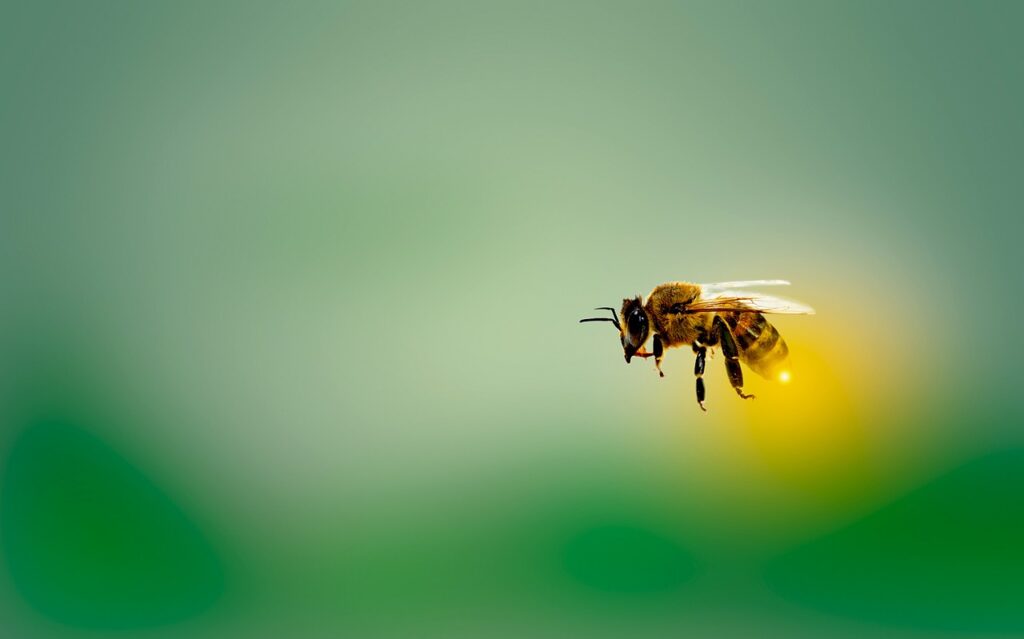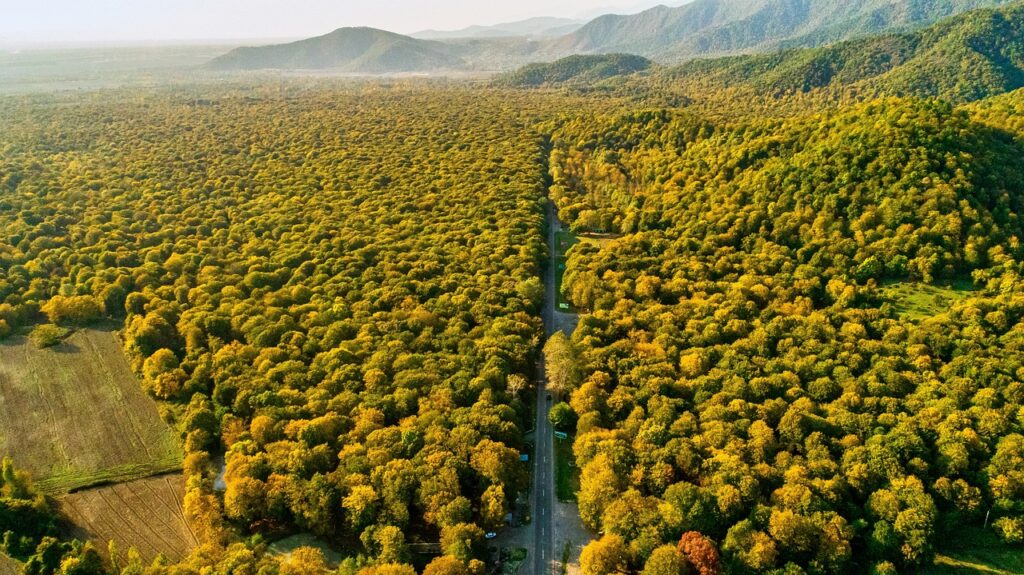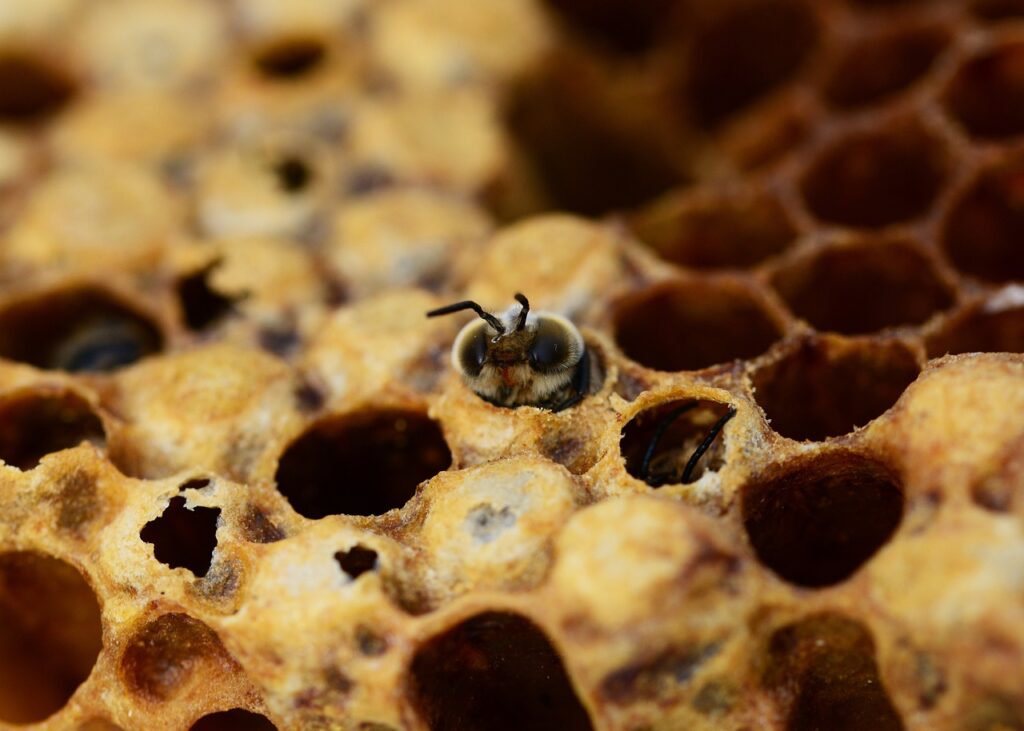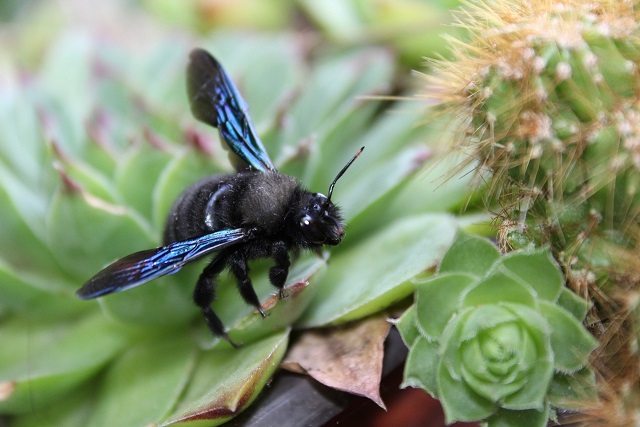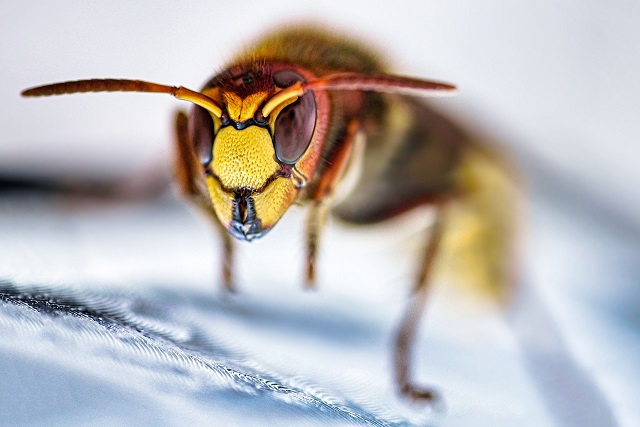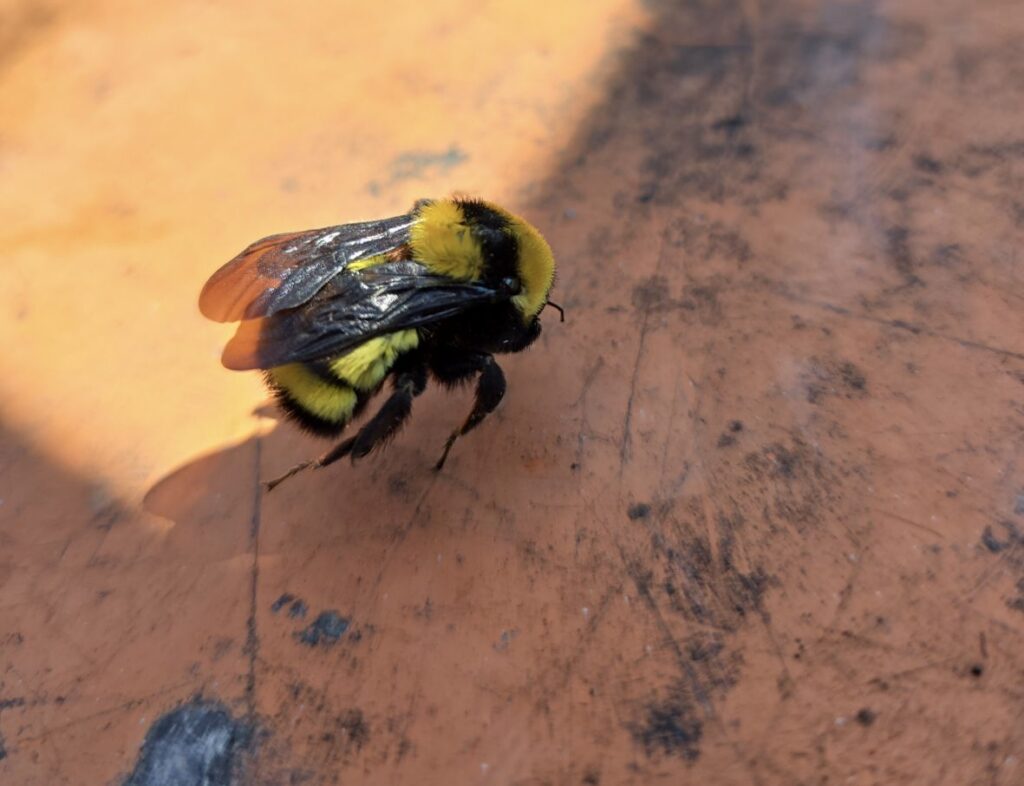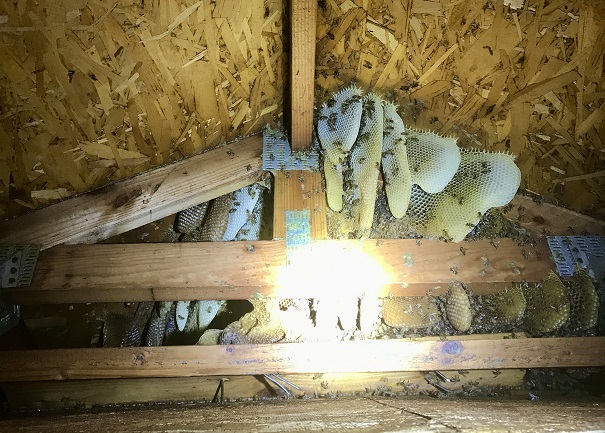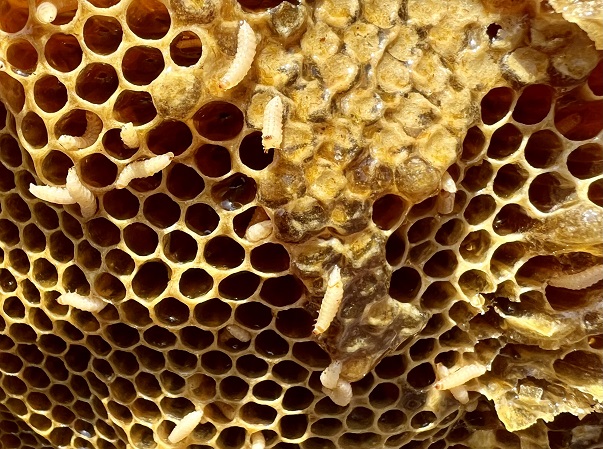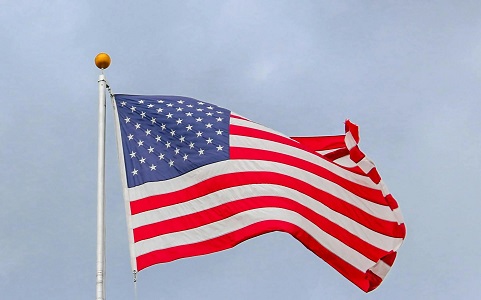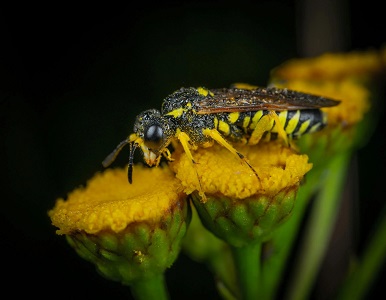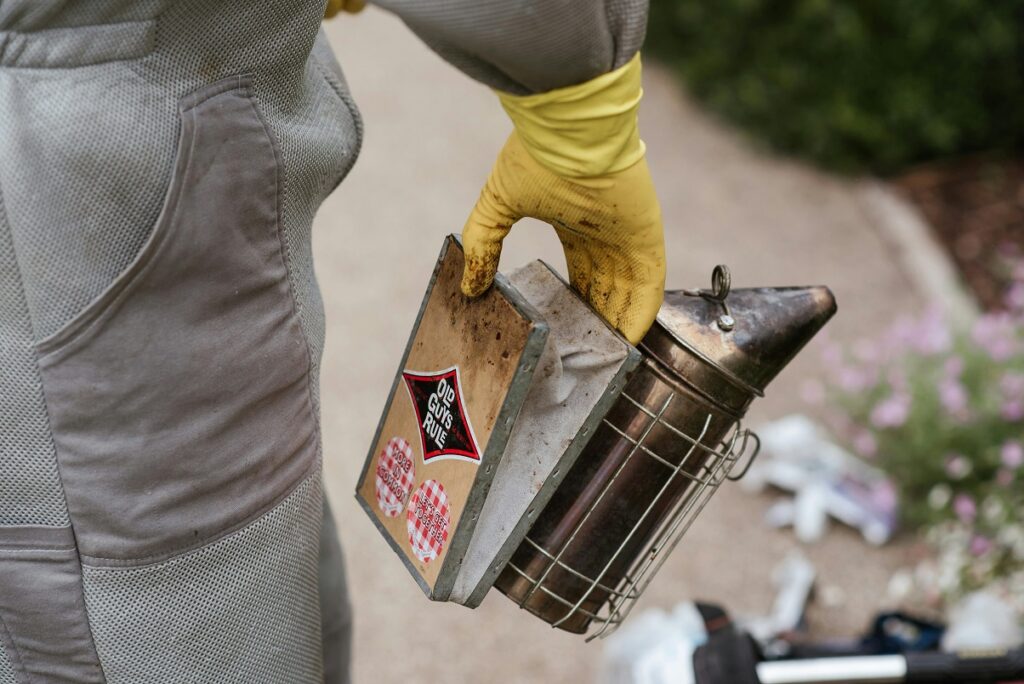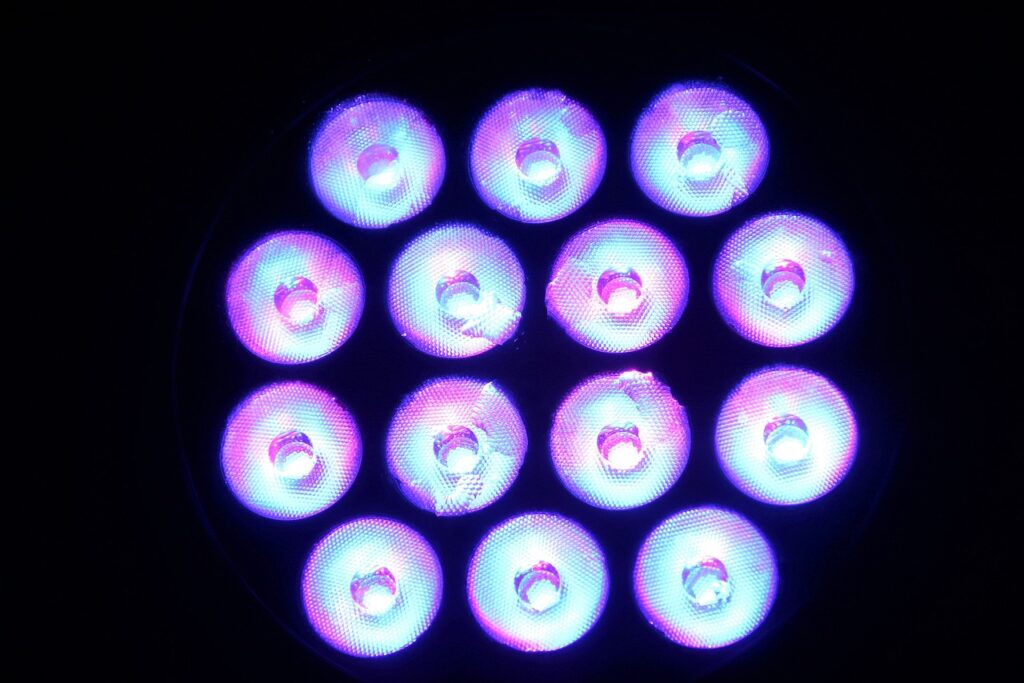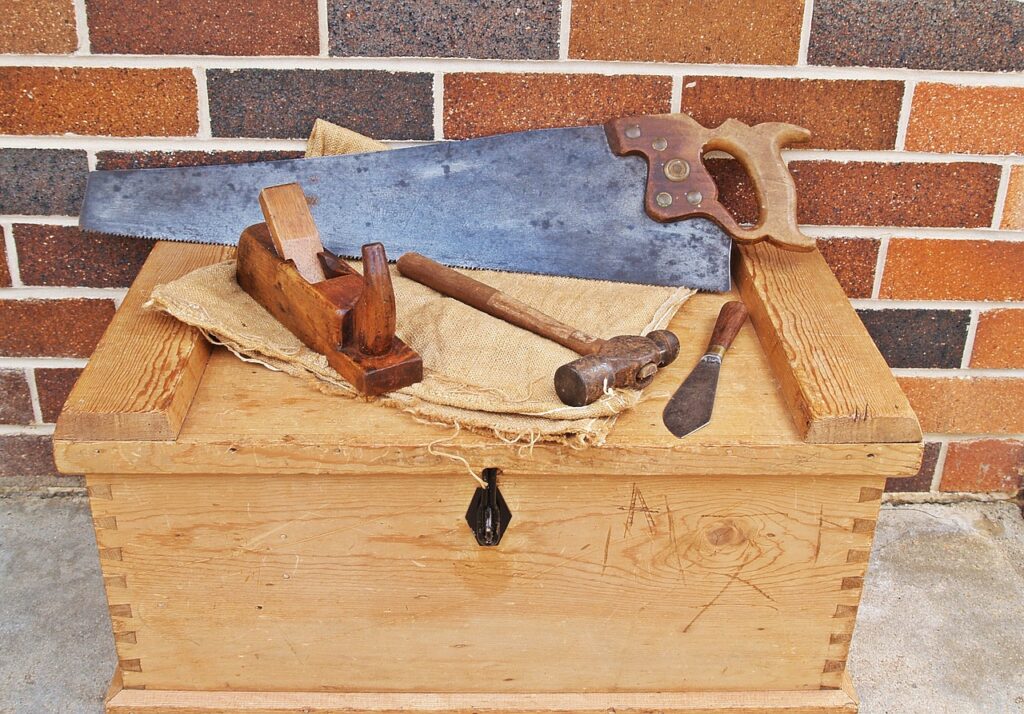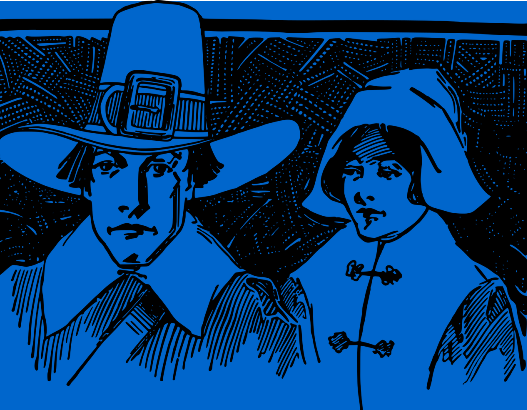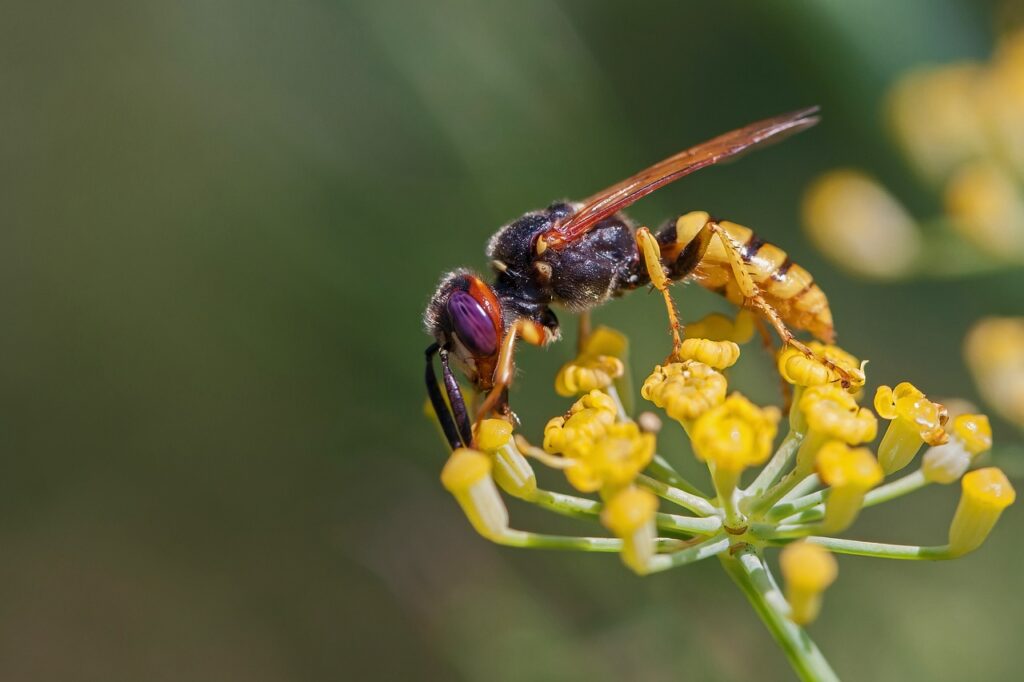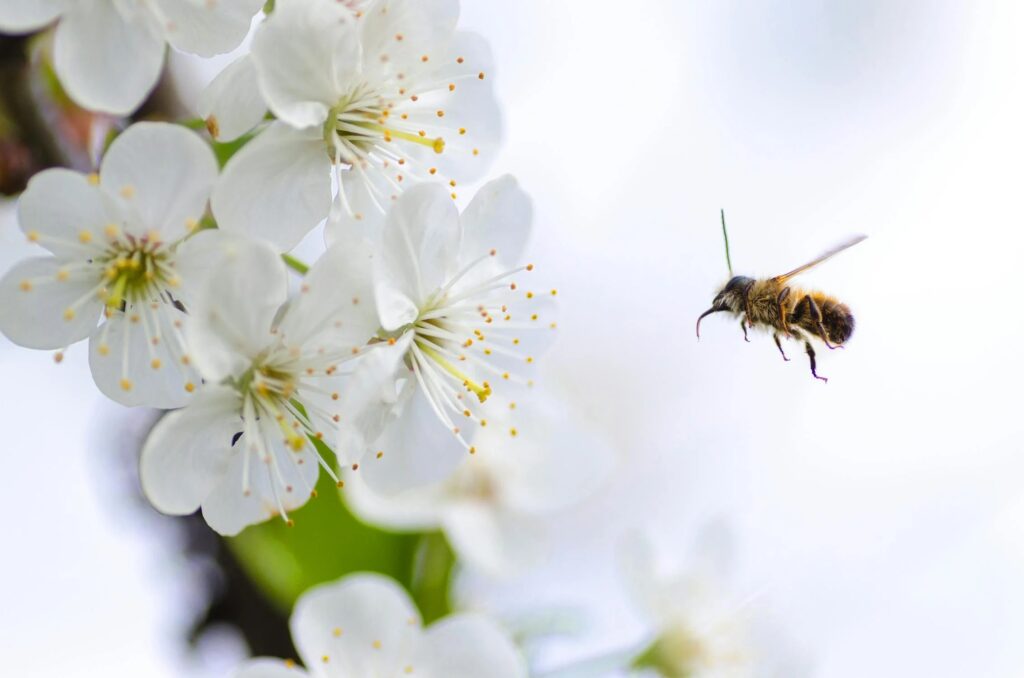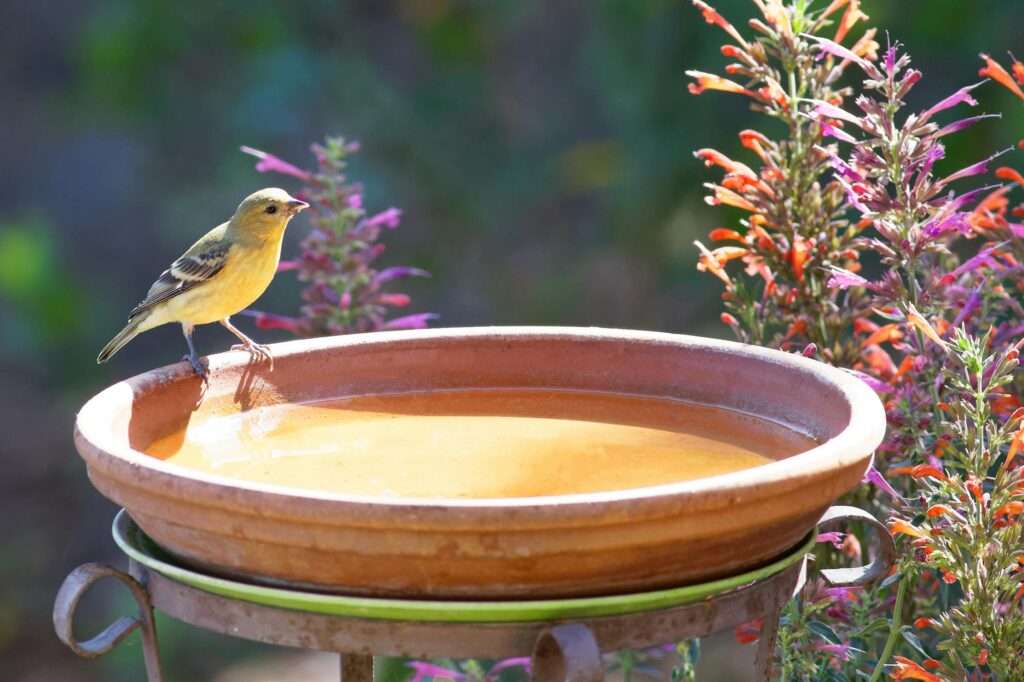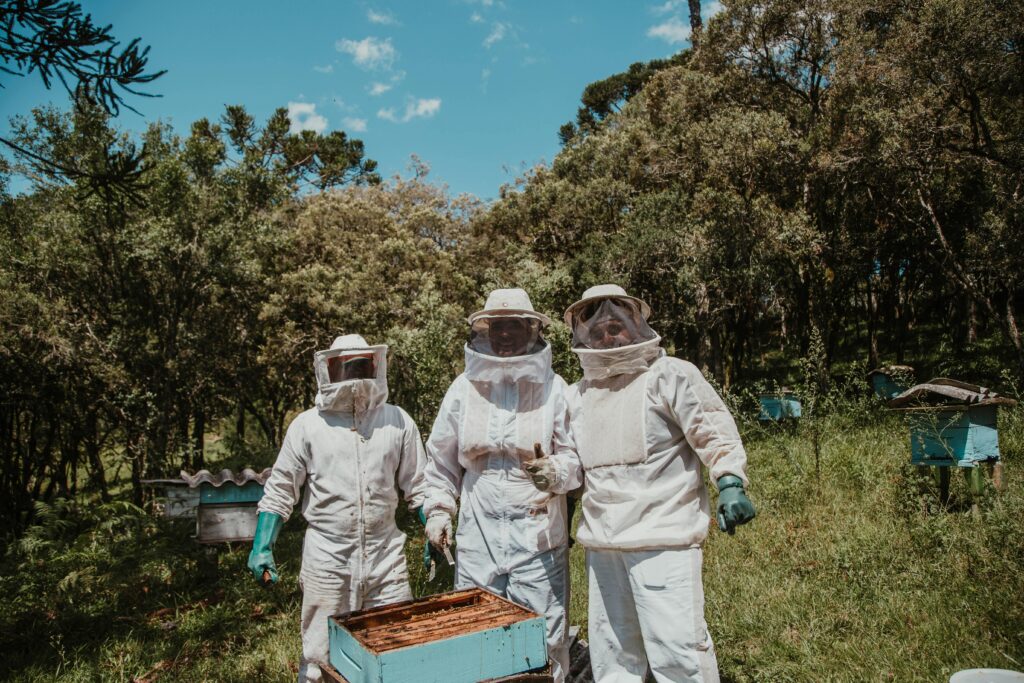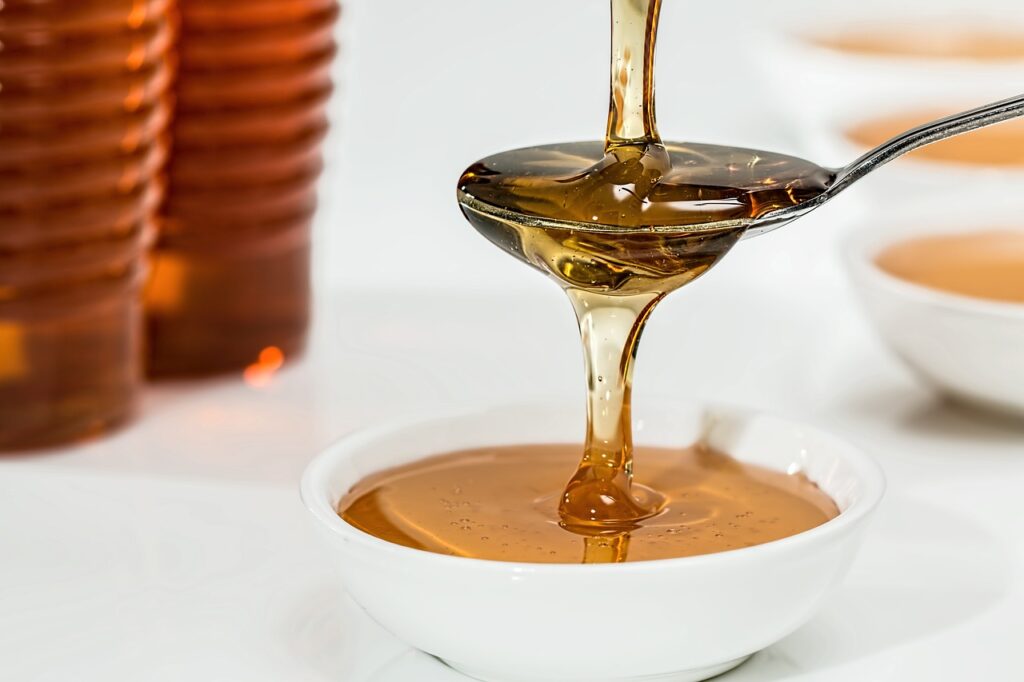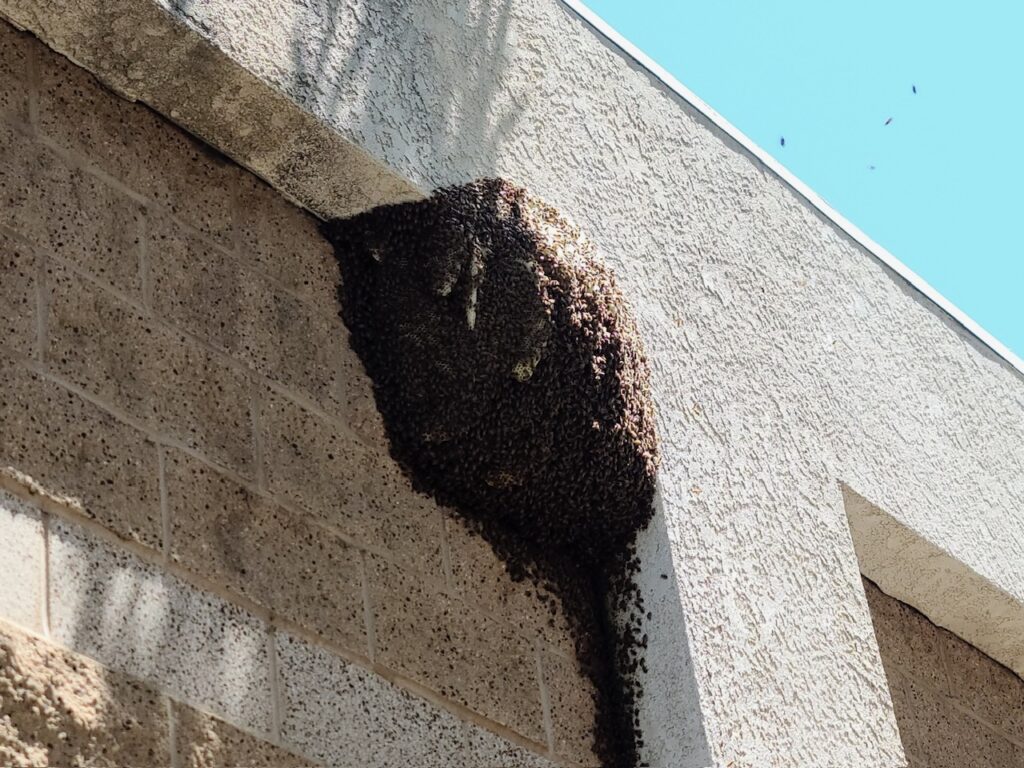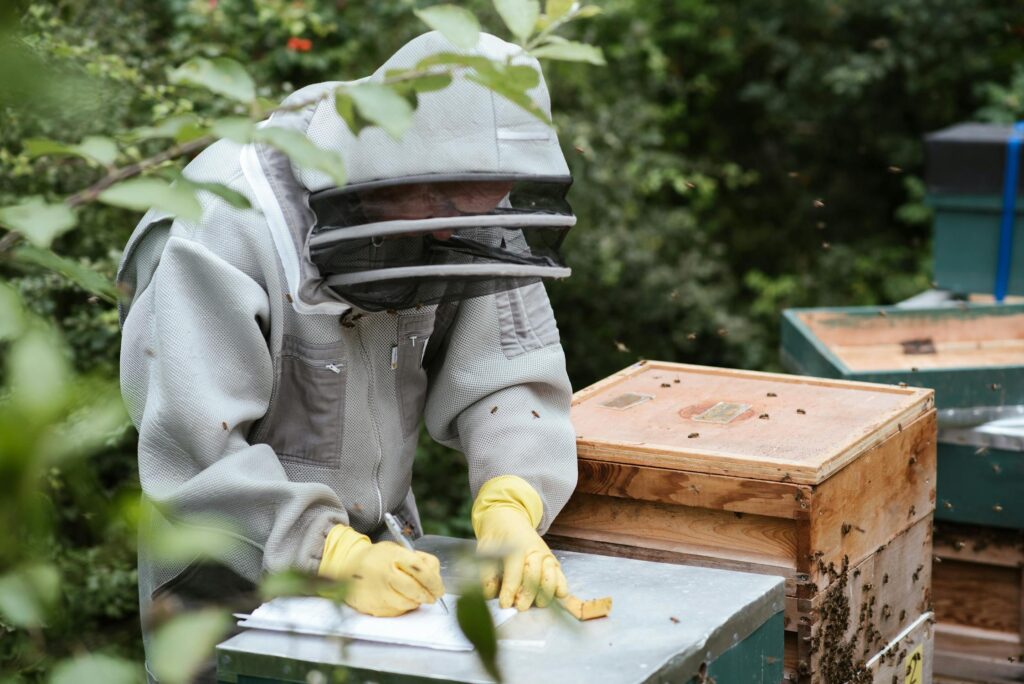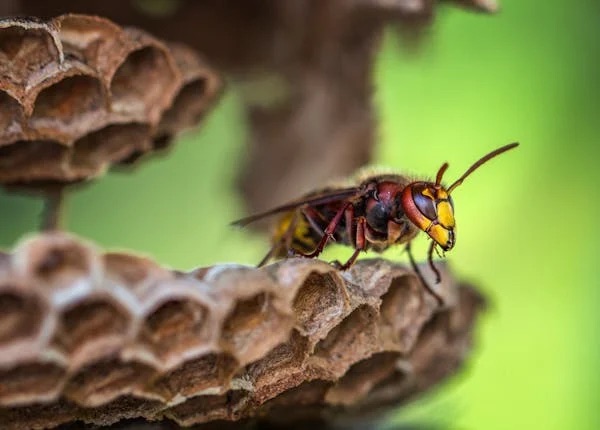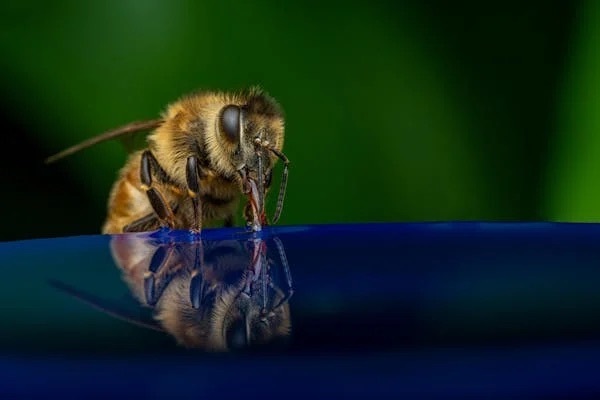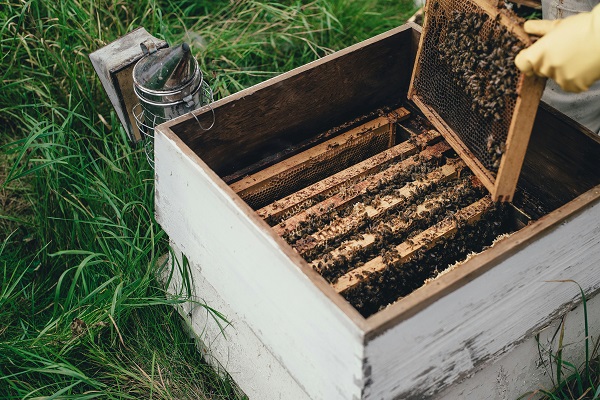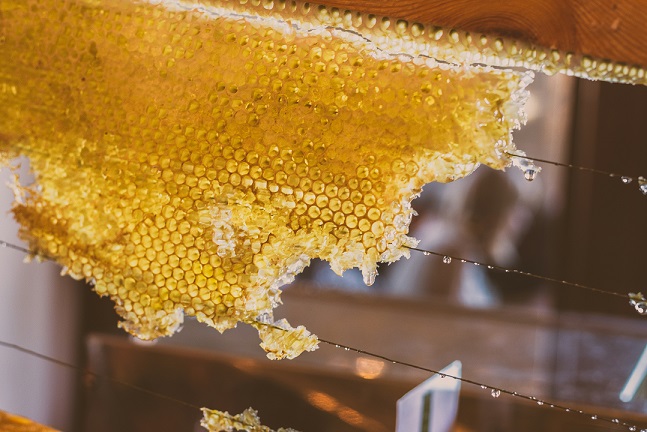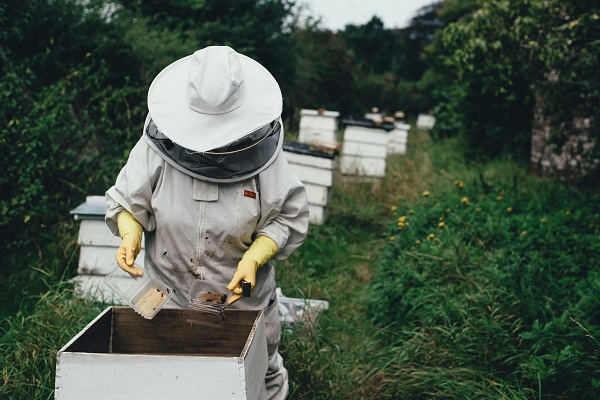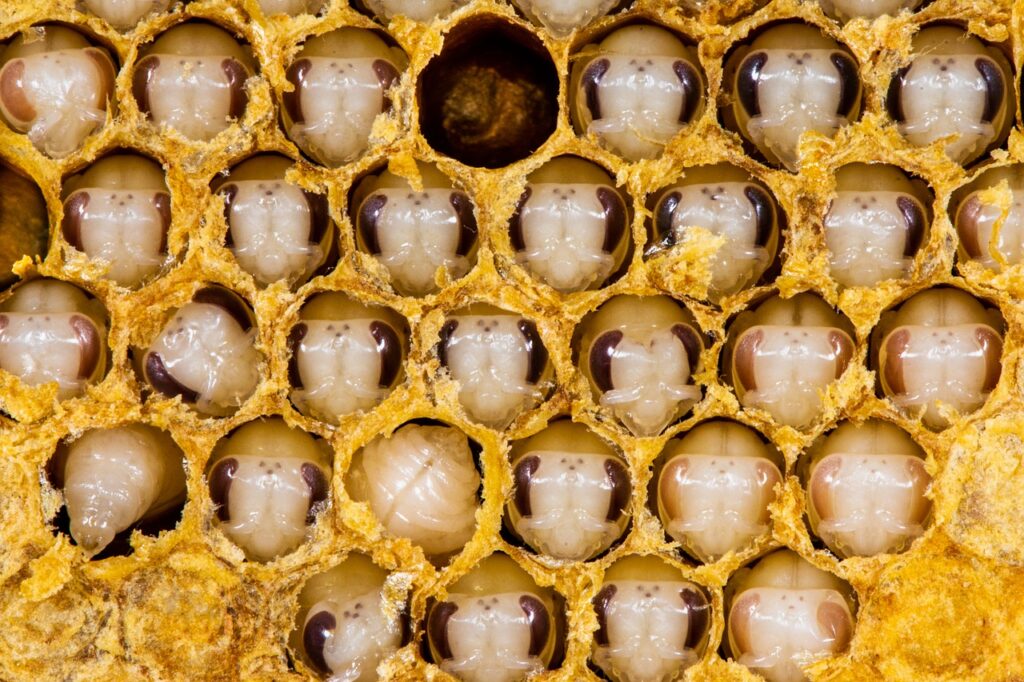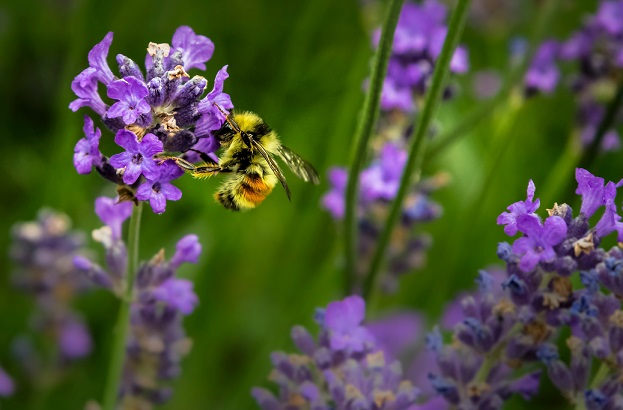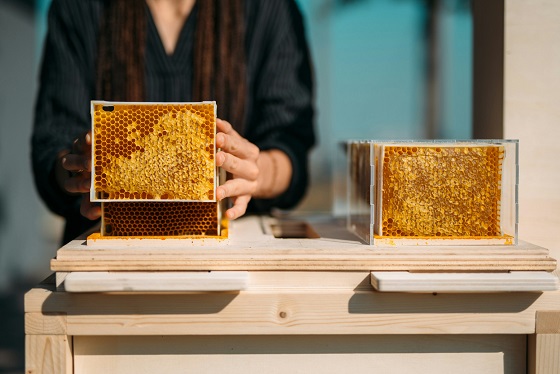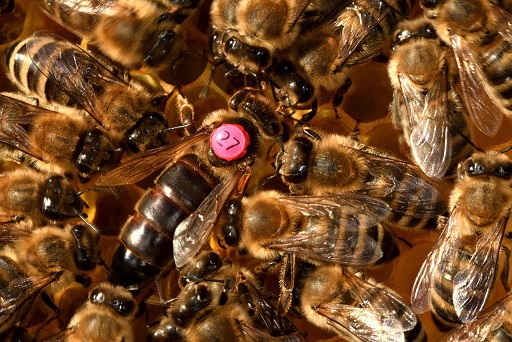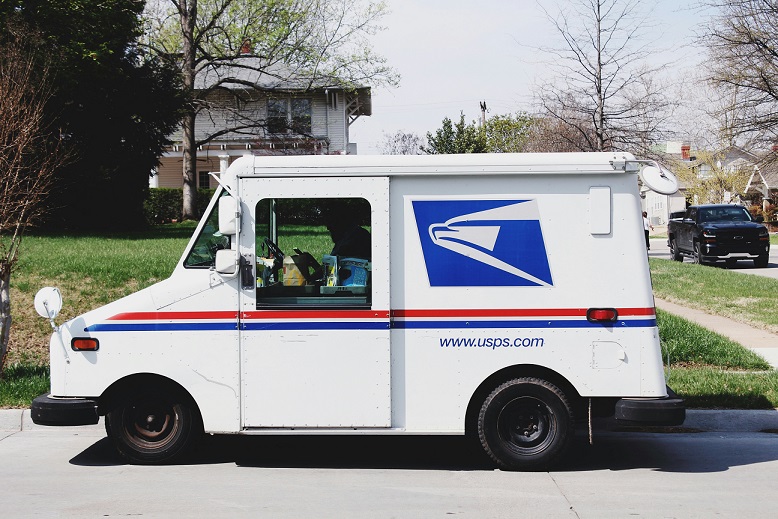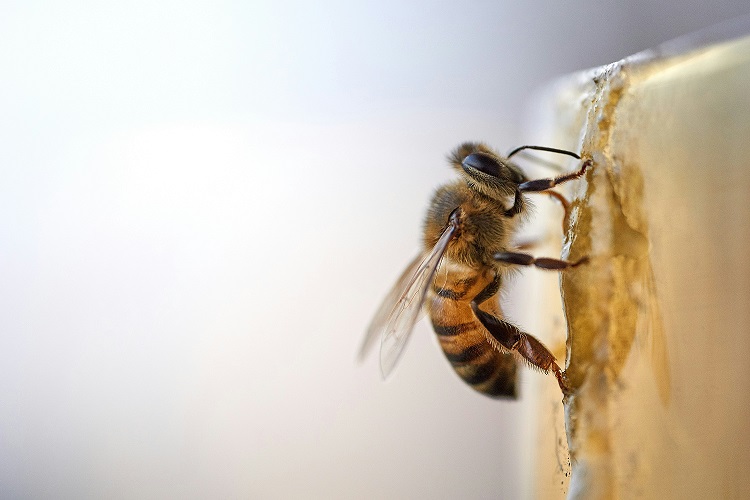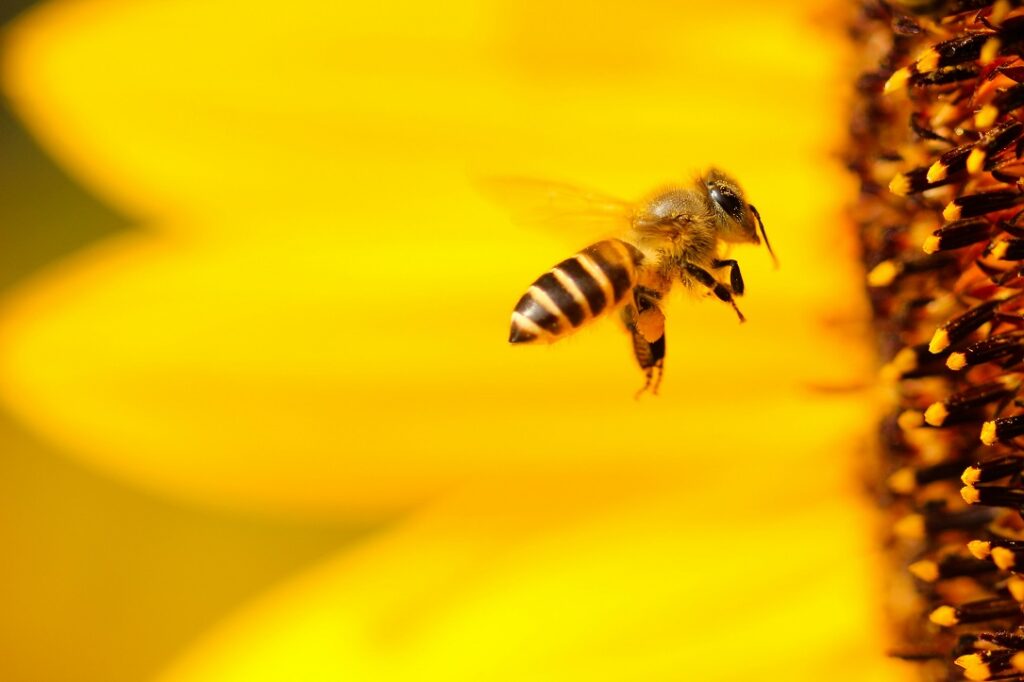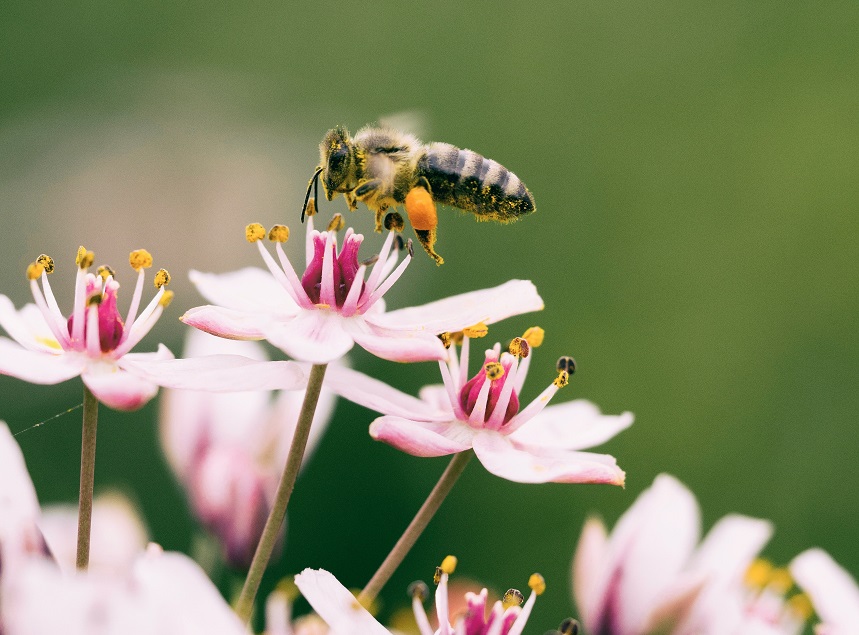What do wasp eat?
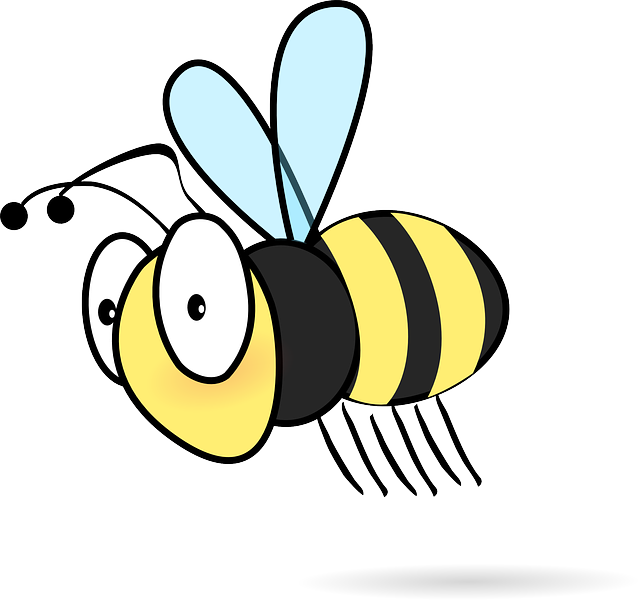


Wasps are incredibly versatile when it comes to their diet, which can vary depending on the species and the stage of their lifecycle. Here’s an overview of what wasps eat:
Adult Wasps
Nectar and Sweet Substances
– Nectar: Many adult wasps feed on nectar from flowers, similar to bees. This provides them with essential energy in the form of sugars.
– Fruits:Wasps are attracted to ripe and overripe fruits, which they will feed on for their sugary juice.
– Honeydew: Some wasps feed on a sugary substance called honeydew, which is secreted by aphids and other plant-sucking insects.
Protein Sources
– Insects and Arthropods: Adult wasps often hunt other insects and arthropods to provide protein for their larvae. Common prey includes caterpillars, flies, and even spiders.
– Carrion: Wasps are known to feed on carrion (dead animals), which provides a source of protein.
Human Food
– Sugary Drinks and Foods: Wasps are often attracted to sugary drinks, jams, and other sweet human foods, especially in late summer and early fall.
– Picnic Fare: Wasps may also scavenge protein-rich foods from human picnics and outdoor gatherings, such as meat and fish.
Larval Wasps
High-Protein Diet
– Masticated Prey: Adult wasps hunt and capture prey like caterpillars, spiders, and other insects, chew them up into a pulp, and then feed this protein-rich substance to their larvae.
– Trophallaxis: Some social wasps, like paper wasps, use a feeding method called trophallaxis, where the adult wasps regurgitate pre-digested food for their larvae.
Different Wasp Species and Their Diets
Social Wasps (e.g., Paper Wasps, Yellowjackets, Hornets)
– Social wasps are known to feed a variety of insects to their larvae while the adults primarily consume nectar and other sugary substances.
– They are also scavengers and can often be found around garbage bins or outdoor eating areas.
Solitary Wasps (e.g., Mud Daubers, Cicada Killers)
– Solitary wasps often paralyze prey with their sting and place it in their nests for their larvae to consume.
– Some solitary wasps specialize in hunting specific types of prey (e.g., cicada killers focus on cicadas).
Seasonal Variations
– Spring and Summer: In the spring and early summer, wasps focus on high-protein diets to support the growth of their young.
– Late Summer and Fall: In the late summer and fall, adult wasps shift their focus more towards sugary foods, as their larvae don’t need as much protein at this stage.
Wasps have a varied diet that changes depending on their stage of life and the resources available to them. Adults often seek out sweet substances and nectar for energy but also hunt and scavenge for protein sources to feed their larvae.
For more detailed information on wasps and expert wasp removal services in Orange County, CA call us for a free inspection and professional advice.
